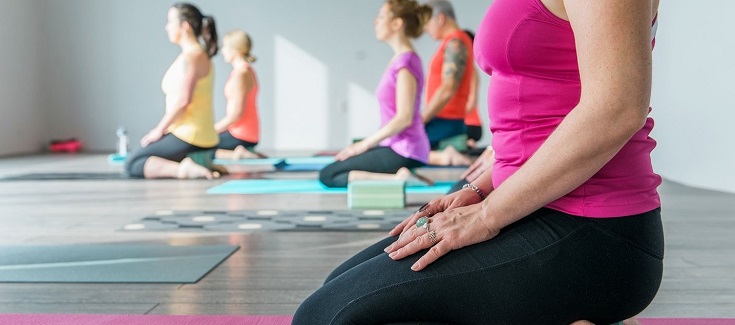7 Exercising Guidelines For Diabetic People
Exercise has been proven to be beneficial for health- more so if you have diabetes. The following exercise tips will help you ease into training, stick with it for the long term while enjoying it at the same time.
1. Talk to your diabetes healthcare team:
Before starting an exercise regimen, it is essential to get input from your diabetes healthcare team. This team will give you valuable advice on what you need to do, the exercises you should go for and the duration. It is essential to follow a specific exercise regimen during diabetic condition, as the energy needs may differ slightly from person to person. Your diabetes health care team will also give you precautionary advice on what you should avoid, warning signs to look out for and how to get the best out of your exercise regimen.
2. Getting started with your regimen:
It should probably be the number one tip of the bunch if not that the state of a person’s general health may need to be assessed before starting an exercise program. If you don’t exercise or have a regular exercise regimen, the prospect of suddenly starting one may be a little bit daunting. Nevertheless, you need to start. You may start off slowly though so that you don’t take too much stress and then be discouraged when you are unable to meet your set goals.
3. Make a list of fun physical activities to do:
Let’s face it, following a specific fitness plan day and day out can be pretty boring. Why not spice that up by making a list of some fun physical activities you can do or have always wanted to try out? Dancing, sports, swimming, hiking, biking, etc.- all of these count as physical activities that you can integrate into your diabetes exercise fitness regimen.
4. Check your Blood Sugar:
You may need to do this before, during and after exercise to avoid the risk of hypoglycemia. Ask your doctor’s take on this. Knowing you well, he will be able to advise on whether you need to try those activities. He can also scheduled your daily exercise regimen like when, how many exercises and the duration of time before each checkup.
5. Carry carbohydrates:
To avoid the danger of low blood sugar during exercise, carry with you a small carbohydrate snack like a drink or fruit.
6. Drink water:
Before, during and after each exercise session, you must drink at least 3-4 glasses of water. This has to be done on daily basis because keeping your body hydrated is essential to proper functioning and overall health of the body system.
7. Stop if you experience sudden pain
Mild soreness during or after a workout is normal. What isn’t is a sudden sharp pain! So, if such thing happense, you must stop if you experience this and seek immediate medical help.

Brisk walking is one of the best solution